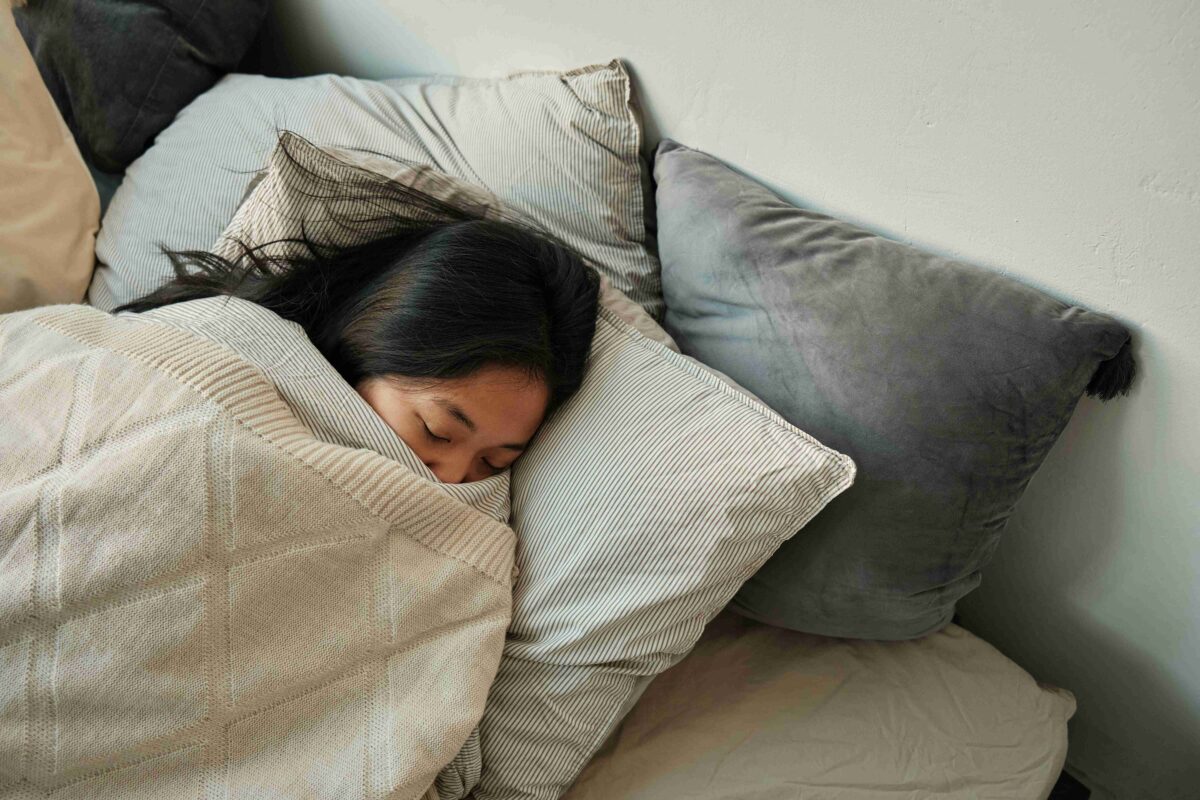When taking classic psychedelics such as psilocybin, sleep can be impacted negatively by disrupting sleep patterns in the hours following ingestion.

If you’ve ever wondered how psilocybin and sleep interact, you aren’t alone. Many people notice that psilocybin changes how sleepy, alert, or dream-ready they feel for a few hours. Based on current evidence, these changes look to be short-term and tend to resolve as the acute effects wear off.
When taking classic psychedelics such as psilocybin (the main psychoactive substance contained in many species of hallucinogenic mushrooms) sleep can be impacted negatively by disrupting sleep patterns in the hours following ingestion.
Psilocybin and sleep have a short, sometimes bumpy relationship. Right after dosing, it is common to feel more alert and to take longer to enter REM sleep. Most people return to their usual sleep pattern once the experience winds down. Human lab data and preclinical studies point to a delay in REM sleep on the first night after dosing and no signs of lasting sleep harm.
Psilocybin can disrupt short-term sleep quality by prolonging the onset of REM sleep in the hours following ingestion and promoting alertness and wakefulness. While it is possible to fall asleep while under the influence of magic mushrooms, it may be more challenging than usual. Anecdotal reports from users of psilocybin frequently describe difficulties falling and staying asleep immediately after taking hallucinogenic mushrooms, but sleep typically returns to normal once the effects of psilocybin subside.
👉 [FREE DOWNLOAD] Get our 6-Part Psilocybin Guide: Whether you’re curious or preparing for your own journey, this resource will help you understand psilocybin through the lens of history, pharmacology, and modern healing.
Short-term sleep disruption
Duration of effects
User reports
Long-term effects on sleep
Pharmacokinetic studies show that psilocybin converts to psilocin quickly, peaks around two hours, and declines thereafter, with subjective effects typically subsiding by about six to eight hours. Biological detection windows vary by test and are different from how long you feel the drug. In other words, “feeling back to normal” does not equal “nothing detectable in a lab test,” and those lab windows can extend beyond the time you feel effects.
If you care about psilocybin and sleep, plan your timing so your sleep quality does not take a hit. The data point to a temporary shift in REM sleep on the first post-dose night. Protecting your evening wind-down improves sleep quality and helps your next-day mood and energy.
Can you fall asleep on psilocybin?
Sometimes, but it is usually harder than usual.
Will it wreck your sleep long-term?
Current evidence says no.
Does it change dreams?
REM timing can shift on that first night, which can feel like dream changes.
Psilocybin and sleep can clash in the short term, especially around REM sleep timing and perceived alertness, but the effects are brief and typically resolve after the experience ends. Take psilocybin earlier in the day, build in a long wind-down, and you will give your sleep quality the best chance to stay on track.
👉 [FREE DOWNLOAD] Get our 6-Part Psilocybin Guide: Whether you’re curious or preparing for your own journey, this resource will help you understand psilocybin through the lens of history, pharmacology, and modern healing.
If you’re looking for personalized guidance and support before or after a psychedelic experience, the Unlimited Sciences Psychedelic Info Line offers free, 1:1 support for answering questions about psychedelic safety, integration, and emotional processing.
No comment yet.
Join our email list and get immediate access to part one of our psilocybin guide. You’ll also get the latest in how we’re bridging the gap between science and soul: psychedelic research updates, real-world findings, community-driven education, personal stories and expert insights on natural medicine.
Advancing Real-World Psychedelic Research and Science-Backed Education
Unlimited Sciences is provided with a nonprofit status by fiscal sponsorship through Realm of Caring Foundation.
Federal EIN: 46-3371348.
© 2025 Unlimited Sciences. All Rights Reserved.
Designed by Gloss